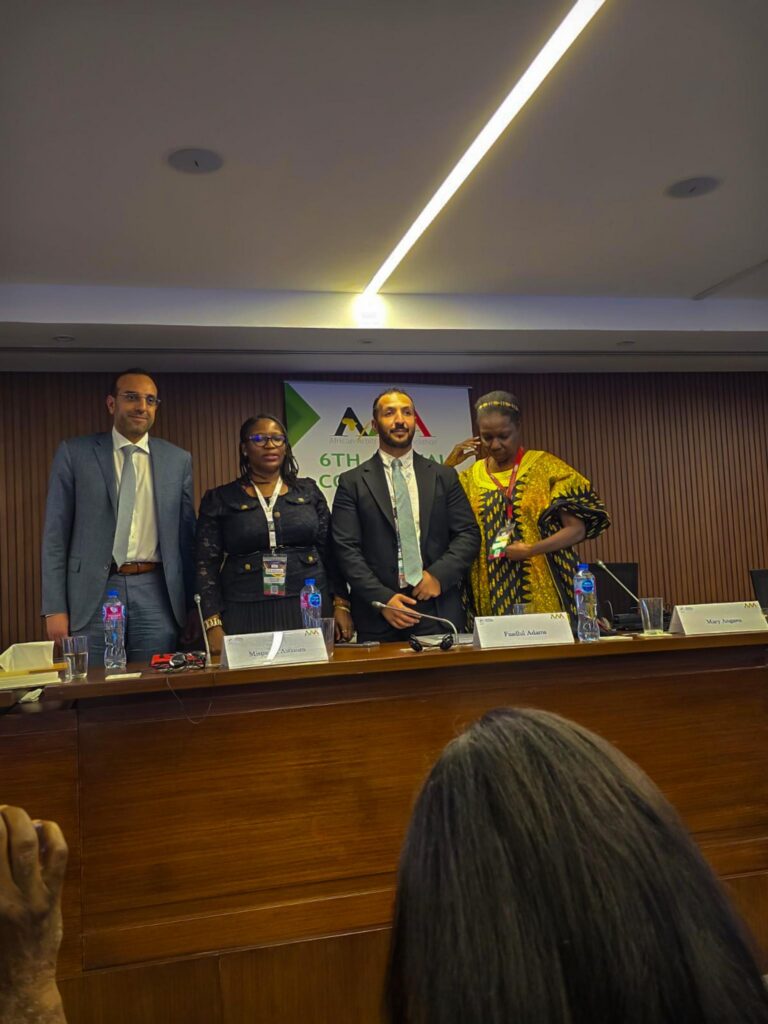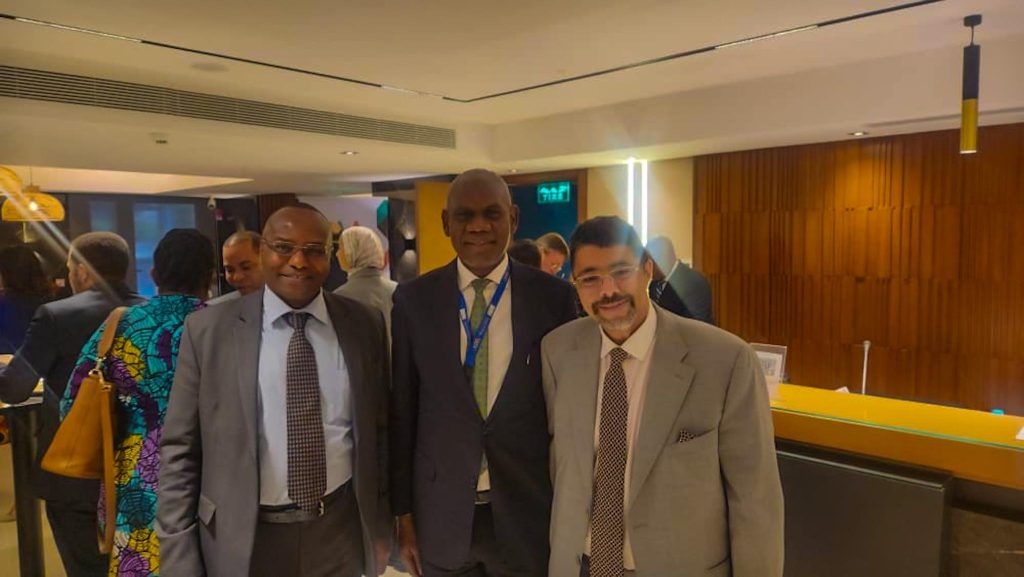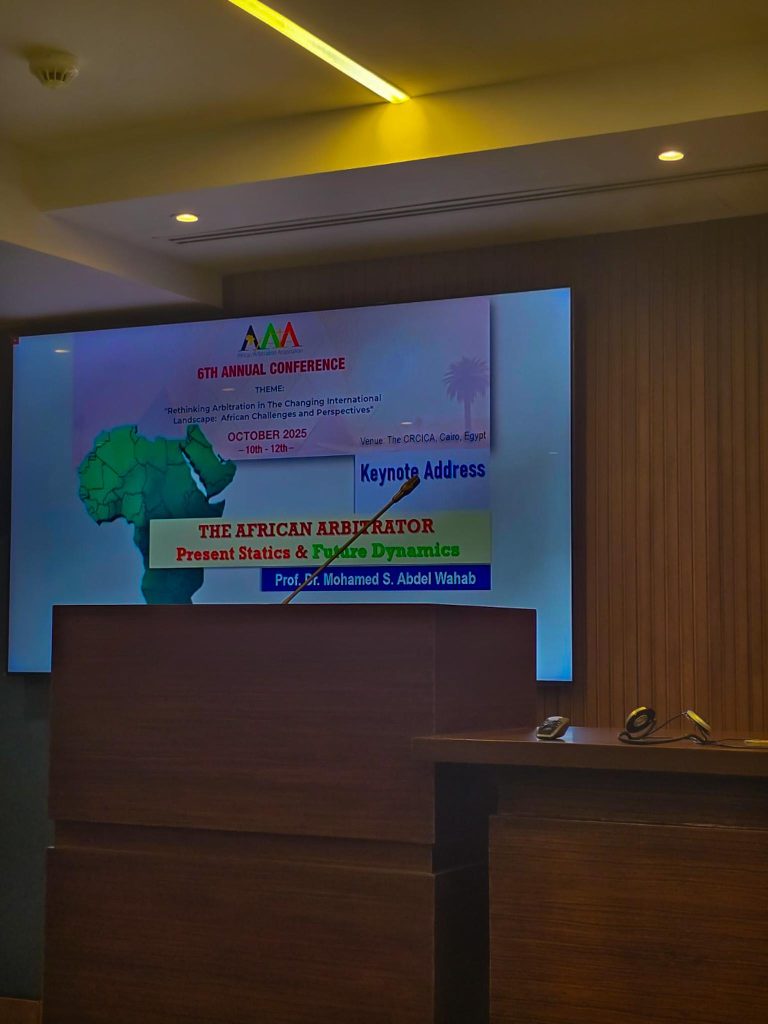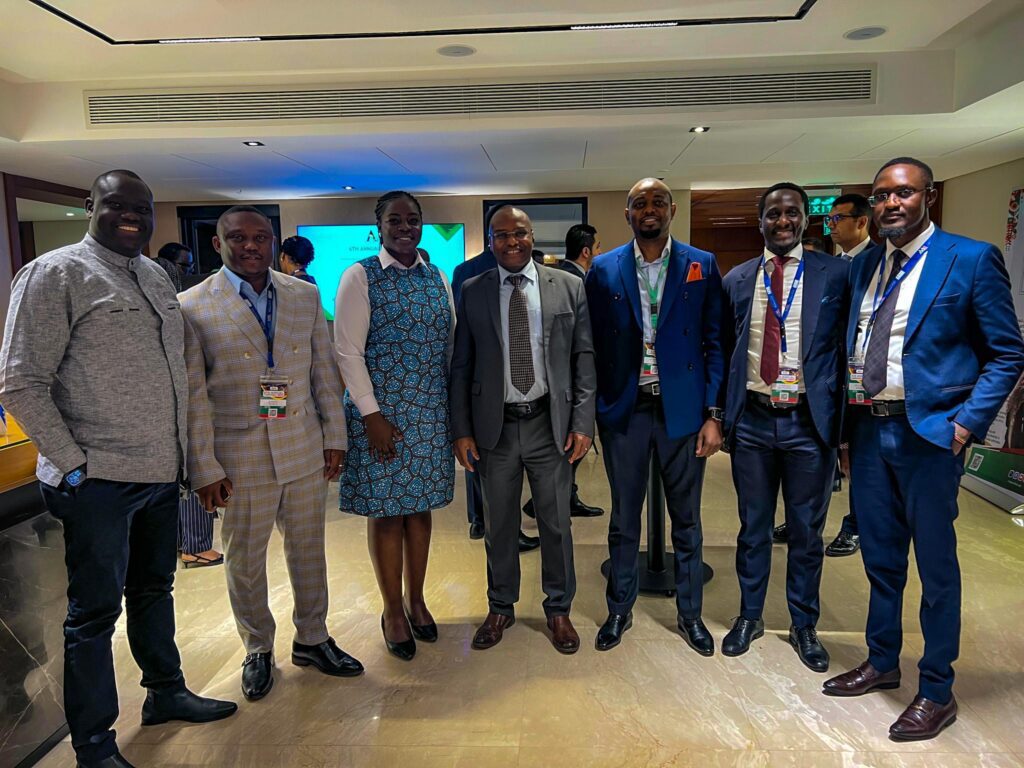By Anne Apiyo Abala, Researcher on ADR and Technology in Africa
The Africa Arbitration Association held its 6th Annual Conference in Cairo, Egypt, from
October 10th to 12th, 2025. The theme was “Rethinking Arbitration in a Changing International
Landscape: African Challenges and Perspectives.” One of the key sub-themes discussed was
Arbitration and AI Technology. This topic looked at how AI tools and applications are shaping
arbitration practice and how practitioners can use these innovations responsibly.

The panel highlighted that we are in a digital era that is reshaping the legal sector. They pointed
out that AI influences nearly every stage of the arbitral process. This includes case preparation,
timeline generation, document drafting, legal research, document review, and even virtual
hearings. Louis Peacock began the discussion by distinguishing between different categories of
AI tools.
He identified basic systems like document summarization, note-taking, and research tools. He
also discussed more advanced AI agents and assistants, which can handle multiple functions. For
example, Microsoft Copilot can manage administrative tasks. He stressed the importance of
examining AI use by specific products and tasks instead of treating all technologies as the same.
These AI tools are now part of a wider arbitration ecosystem that encompasses service systems,
document-sharing platforms, research databases, electronic bundles, and virtual hearing
infrastructure.

While these tools can improve efficiency and streamline arbitration processes, they also bring
new risks that challenge principles such as neutrality, independence, confidentiality, and
diligence. Relying too heavily on AI can weaken critical reasoning and professional
accountability, undermining diligence. Additionally, uploading case data into AI tools raises
confidentiality concerns, as parties risk losing control over sensitive information. Furthermore,
algorithms trained on biased data sets may affect an arbitrator’s neutrality and independence.

Panelists Salma and Ms. Nwaubani warned against the false sense of accuracy often connected to
AI systems. They noted that many tools can produce “hallucinations,” like generating non-
existent or irrelevant case citations. This reality underscores the need for ongoing human
oversight and verification when using AI in arbitration.
Despite these challenges, the panel recognized that AI also offers significant opportunities for
growth and innovation across the continent. One key recommendation was to train AI models on
localized data to reduce systemic bias. This step would help address “data colonialism.” By
doing so, AI systems could better reflect African jurisprudence and understand the unique
aspects of local legal practice, including informal contracts and culturally specific methods of
dispute resolution.

The panel suggested that achieving this vision requires cooperation among African arbitral
institutions. This includes the Nairobi Centre for International Arbitration (NCIA), the Kigali
International Arbitration Centre (KIAC), the Lagos Court of Arbitration (LCA), and the
Common Court of Justice and Arbitration (CCJA).

Moreover, African lawyers and arbitrators should be trained not only to use AI but also to co-
create AI systems that represent African socio-legal realities. Developing ethical and disclosure
guidelines is equally important to ensure that practitioners handle confidential data responsibly
and maintain professional integrity. The panel referenced international models like the Silicon
Valley Arbitration and Mediation Center (SVAMC) AI Guidelines (2024) as potential
benchmarks for adaptation in Africa.

In conclusion, the panel acknowledged both the transformative potential and the risks of AI in
arbitration. While challenges such as algorithmic bias and hallucinated outputs exist, the
prospects for improved productivity, cost-efficiency, and access to justice are significant. The
panelists stressed the need to embrace technological innovation without compromising quality,
ethics, or the basic principles of arbitration.
See also EVOLUTION OF ADR IN KENYA


